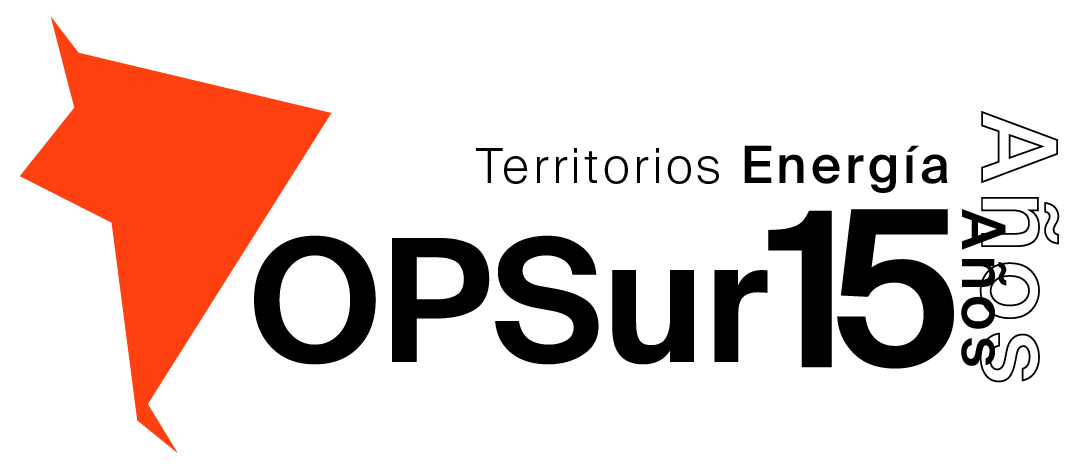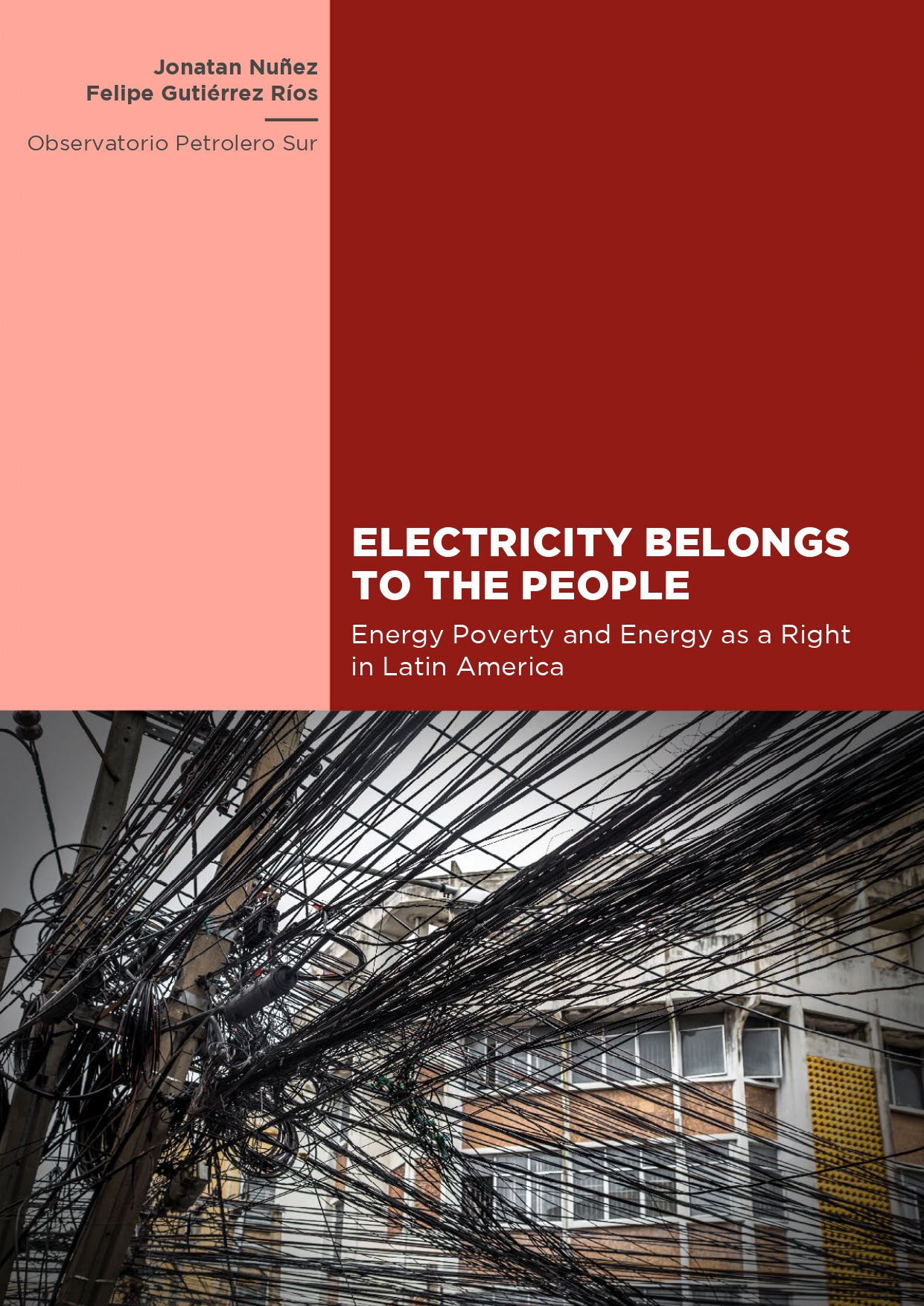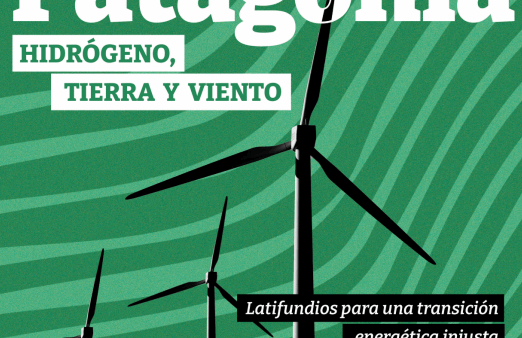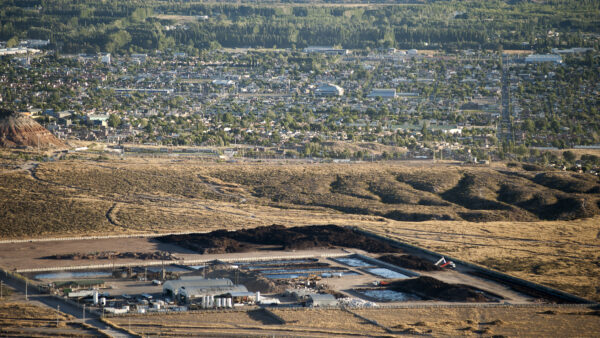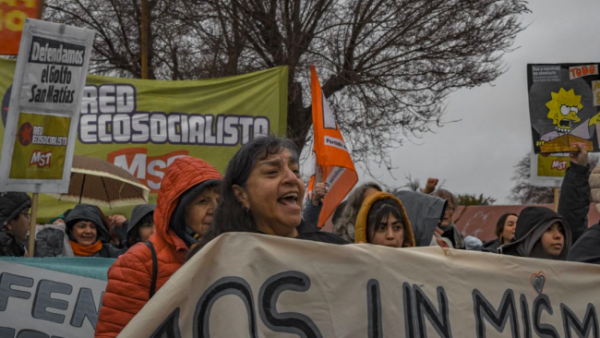In this report we trace the history of the concept of energy poverty and question it. Understanding energy as a social right and not a commodity, in the text we look at different experiences of popular organisation for access to this common good. With this objective in mind, we reconstruct experiences of the struggle for access to electricity in Argentina, Mexico and Uruguay.
Download the report
According to United Nations (UN) data, there are approximately 2.8 billion people around the world who meet their energy needs in a precarious way through the combustion of biomass (wood, different types of coal, excrement, etc.). Of that 2.8 billion, nearly 1.2 billion do not have any type of access to electricity networks. Although the worst numbers in that regard come from different areas of Africa and Asia, Latin America is not exempt from these serious problems.
Despite the fact that Latin America and its energy systems are taken into special account in initiatives such as the UN Sustainable Development Goals, it is estimated that around 21.8 people lack electricity access in the region. While different countries have very different conditions, evidence indicates that the disparity is exacerbated in rural areas and urban peripheries. Likewise, although there are no disaggregated surveys at the continental level, multiple national indicators reveal that there is a recurrent gender gap in energy access. As we will see below, households headed by women are especially vulnerable.
This report seeks to contribute to a Latin American vision of energy access problems. With this purpose, we propose reviewing a few experiences that speak of different ways of conceiving the relation between the territory and its energy needs. In particular, we are interested in historicizing these political processes, which draw a regional map in which the demand for the right to energy was latent during the 20th century, then grew and was expanded over the last two decades of the new millennium. At the same time, we return to the principal discourses regarding the issue, so that they may contribute to the debate about poverty and energy access.
Based on this investigation, we identified the following key points:
- While there were earlier partial approaches, one of the first definitions of the term “energy poverty” is dated to the 1990s, when British researcher Brenda Boardman proposed that households that had to allocate more than 10 percent of their total monthly income to achieve an acceptable level of heating should be considered “energy poor”.
- There are multiple objections to Boardman’s proposals because her focus was elaborated in regards to the situation in her country, with inherent socioeconomic and climatic implications, making it difficult to universalize. At the same time, the focus on income ignores the issue of energy needs, which involves diverse cultural and geographic variables.
- In Latin America, institutions such as ECLAC, although limited to visions with economistic biases, propose evaluating situations of energy poverty based on perspectives that contemplate the specific climatic conditions of each region, that pay attention to other needs, besides only heating homes, and that take into account the interaction between difficulties in accessing basic services and other situations that also make life precarious.
- Contemplating this problem solely in terms of “energy poverty”, besides having a stigmatizing bias against people who face hardships in accessing energy, tends to overlook the social relations concealed by this situation. The fact that quality energy services are not accessible to the majorities coexists with the waste of certain minorities, and this situation must be analyzed in a political register.
- Objections have been made to these claims about energy access, among those resistance to state focuses on energy poverty in the United Kingdom itself. In other regions – for example, Catalonia –, some populations affected by supply cuts and high rates have organized to access energy, providing new nuances to the debate around energy poverty.
- Public policies of governments in central and peripheral countries tend to be dominated by an assentialist bias. This conceptual focus limits possibilities for rethinking the power relations that make the present state of things possible.
- Latin America is a region that is rich in examples of resistance and organization by popular sectors seeking to access energy and limit the attempts at privatization by companies of various sizes.
- Although limited in their ambitions and affected by multiple forms of precarity, there are fruitful examples of understanding energy as a right on our continent. The struggles of Luz y Fuerza Mar del Plata for the implementation of a social rate in the Argentine province of Buenos Aires, the struggles of the Asamblea Nacional de Usuarios de la Energía Eléctrica (National Assembly of Electric Energy Users) against energy cuts and rate hikes in Mexico, and those of the AUTEC/Comuna in Uruguay for a “just” rate demonstrate this experience of Latin American resistance.
- In these three cases, the primary trigger is the loss of public electricity services due to privatization processes. In these processes, the demand for energy in terms of a human right has been the backbone of the disputes. However, in the corresponding political processes, variants of public control of energy are tried out that do not necessarily mean a return to the preneoliberal state’s form of energy management.

